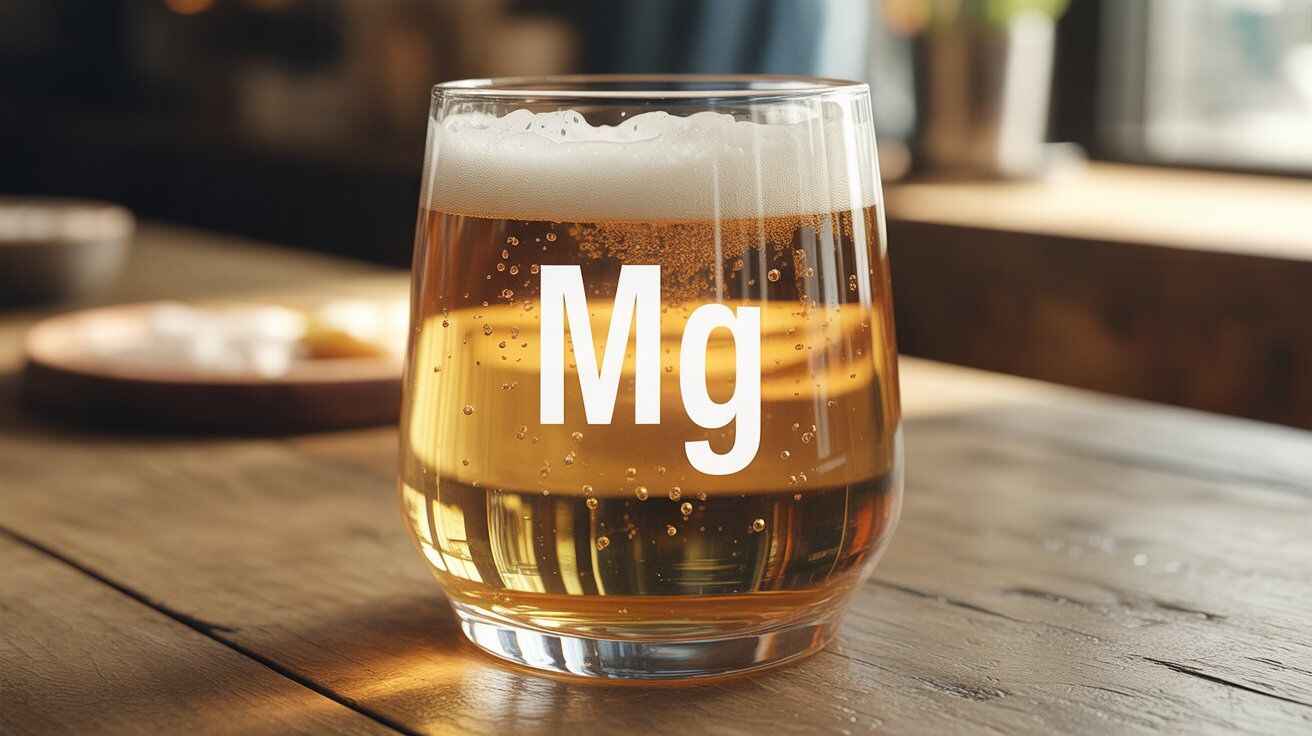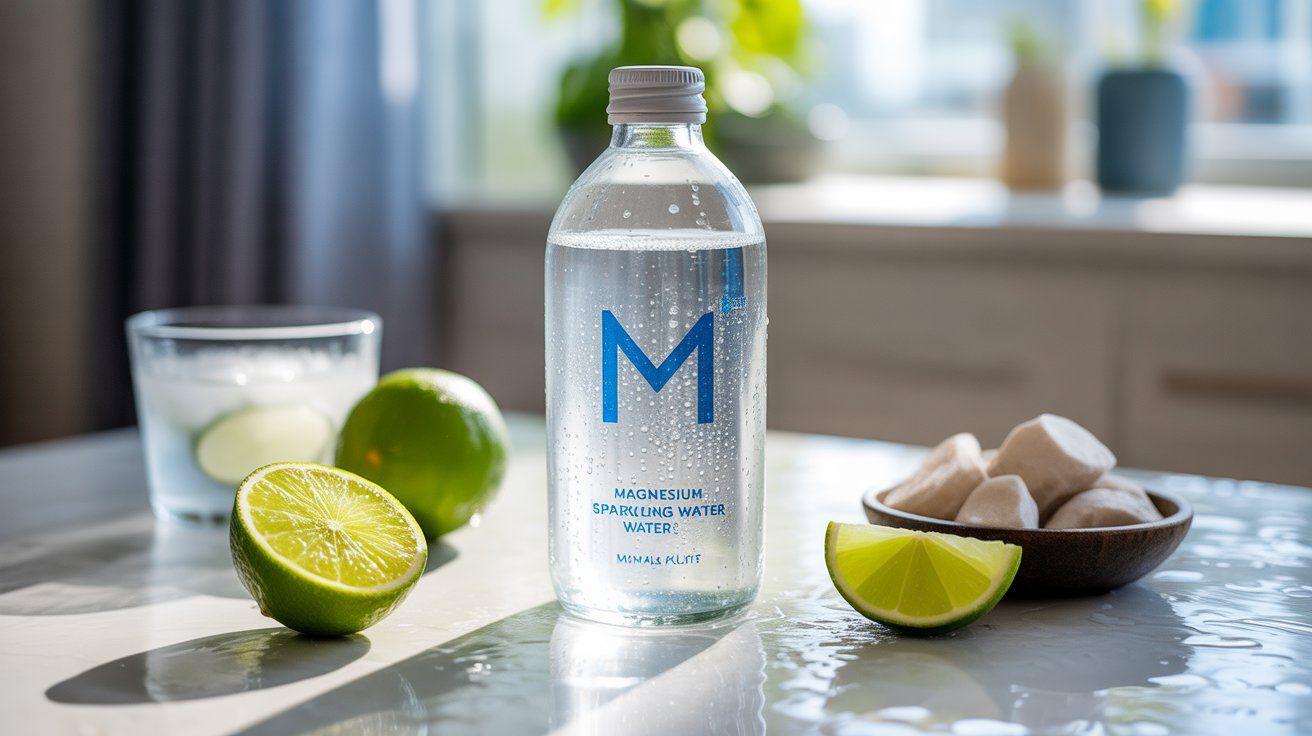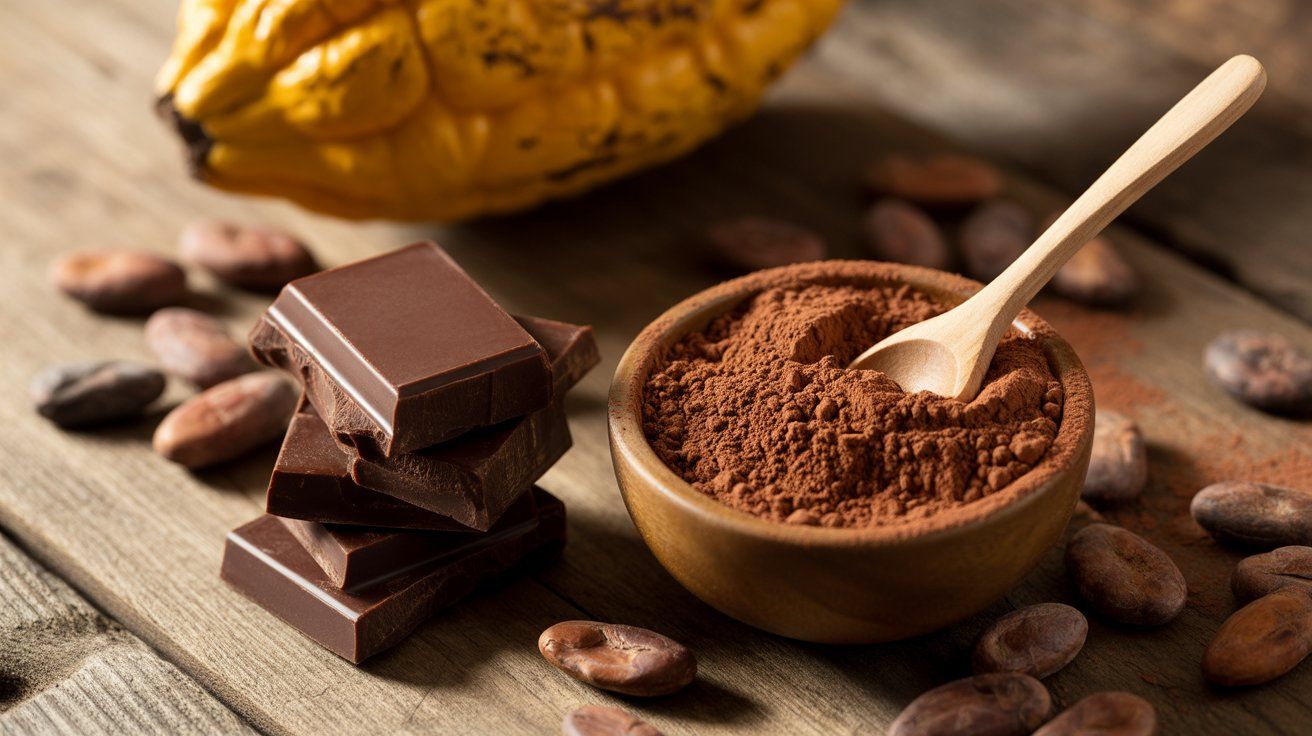Magnesium in beer supports yeast, flavor, and nutrition. It comes from malt and water, aids fermentation, but excess may cause bitterness.
Magnesium in beer
Magnesium in beer plays a vital role in brewing and nutrition. It comes mainly from malt and brewing water, shaping flavor, mash pH control, and yeast health. Too little magnesium slows fermentation, while excess may cause bitterness. For drinkers, beer provides small amounts of this essential mineral, adding to overall trace mineral intake without being a primary source.
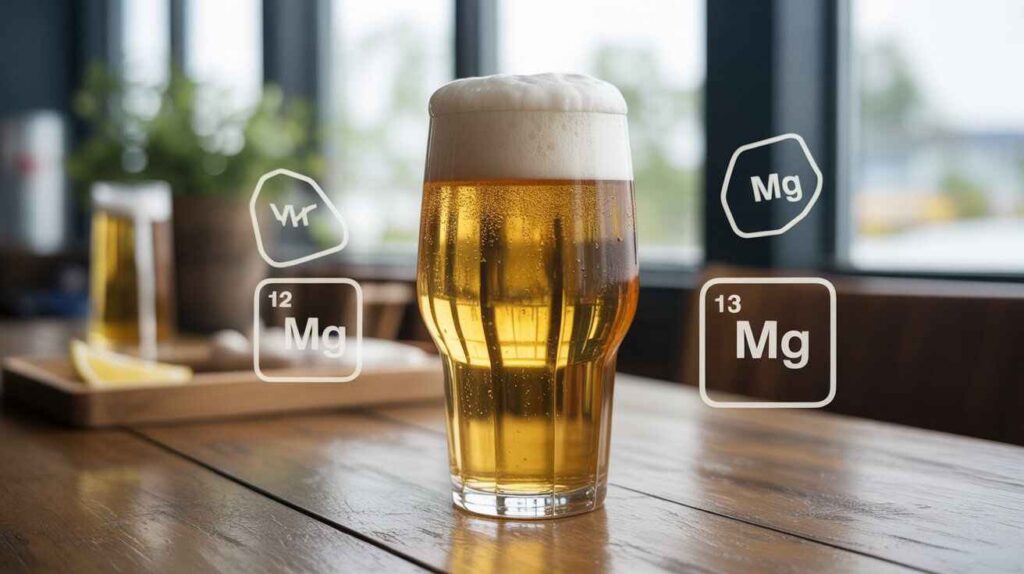
What Is Magnesium in Beer and Why It Matters
Magnesium in beer is a key mineral affecting brewing chemistry and final taste. It supports enzyme activation, yeast performance, and mash pH control. Brewers monitor magnesium to balance fermentation and flavor stability. Unlike calcium, magnesium also influences bitterness and mouthfeel. Understanding its role helps brewers craft consistent beer while giving drinkers insight into hidden nutritional value.
Natural Sources of Magnesium in Beer Ingredients
Magnesium in beer mainly comes from malt, brewing water, and hops. Malt provides the largest share, while water mineral content and magnesium salts can raise levels. Soil conditions and water chemistry directly affect magnesium concentrations. Brewers often adjust brewing water chemistry with magnesium sulfate or chloride, ensuring optimal yeast health and balanced flavor during the brewing process.
Best Practices for Brewers & Consumers
| Group | Best Practices | Key Benefits |
|---|---|---|
| Brewers | Adjust water profiles with magnesium sulfate or magnesium chloride. | Supports yeast performance, maintains mash pH, and ensures flavor stability. |
| Monitor magnesium levels carefully to avoid over-addition. | Prevents excess bitterness or mineral harshness in beer. | |
| Consumers | Enjoy beer in moderation for trace magnesium intake. | Contributes small amounts toward daily mineral needs. |
| Rely mainly on food sources (nuts, greens, grains) for magnesium. | Provides full nutritional support without relying solely on alcohol. | |
| Both | Understand the role of brewing water chemistry in beer quality. | Ensures consistency, balance, and enjoyable drinking experience. |
Typical Levels of Magnesium in Beer
Magnesium in beer usually ranges from 30–150 mg/L, depending on style and region. Light lagers often have lower levels, while ales and stouts contain more due to higher malt content. Optimal magnesium concentration in brewing supports yeast activity without harsh flavors. Brewers track ppm values to maintain consistency, balance bitterness, and ensure proper fermentation performance.
Role of Magnesium in Brewing & Fermentation
Magnesium in beer is essential for yeast health and enzyme activation. It promotes efficient fermentation, mash pH control, and stability during brewing. A magnesium deficiency can slow yeast growth, while excess may cause off-flavors. Brewers carefully manage brewing water chemistry to ensure optimal magnesium concentration, supporting smooth fermentation and consistent flavor in every batch.
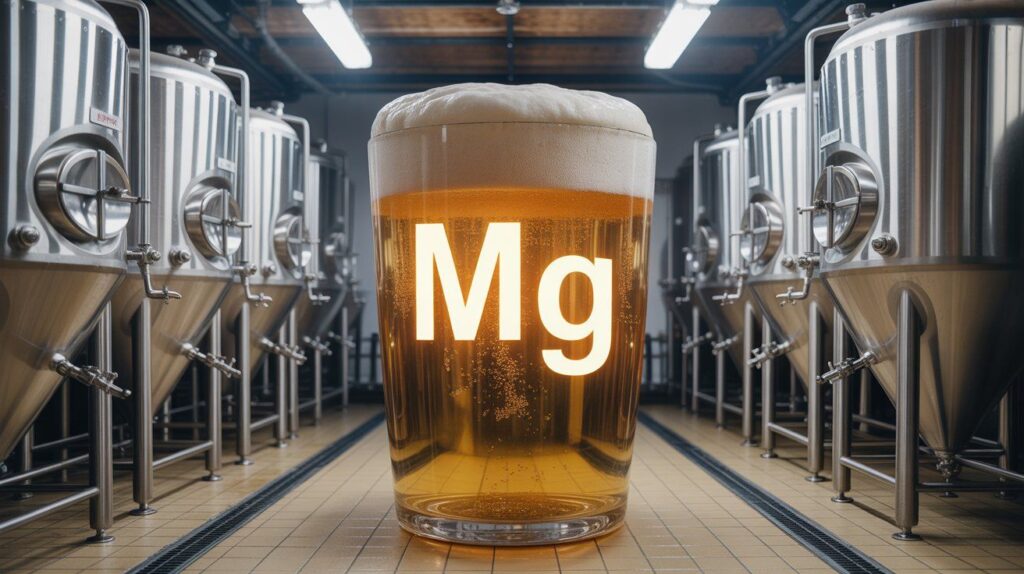
Health Implications of Magnesium from Beer
Magnesium in beer contributes small amounts toward daily nutritional needs. A typical serving may provide 3–5% of the recommended intake. This mineral supports muscle, nerve, and bone health, but beer should not be relied on as a primary source. Excess alcohol may reduce magnesium absorption, so moderation ensures benefits without undermining overall mineral balance.
Variations and Factors Affecting Magnesium in Beer
Magnesium in beer varies with water source, malt type, and brewing methods. Regions with mineral-rich water produce beers higher in magnesium. Beer style also matters—dark ales and stouts often contain more. Brewers may add magnesium salts to adjust balance, ensuring consistent fermentation, controlled alkalinity, and desired flavor profiles across different beer styles and batches.
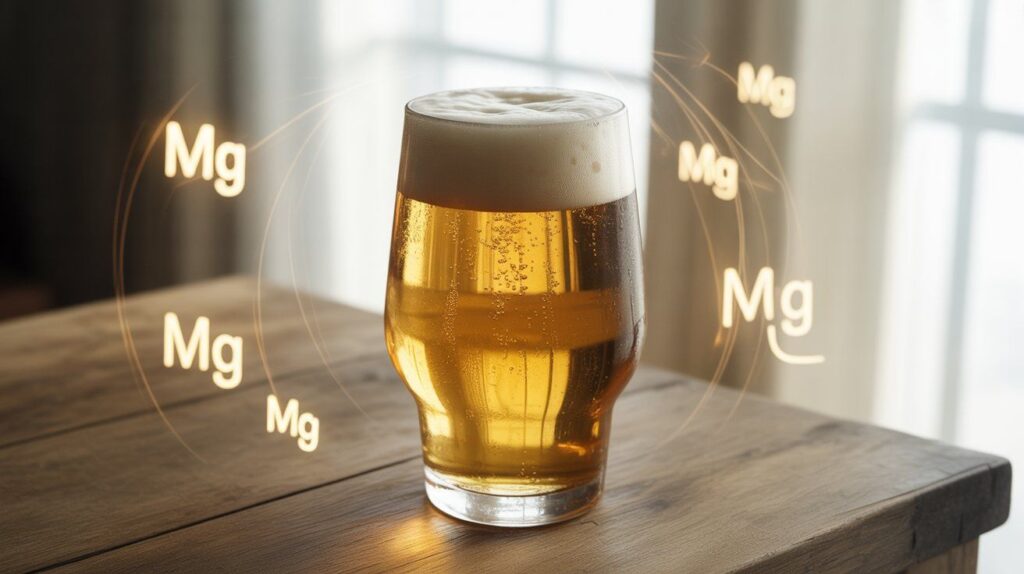
FAQs
Q1. How much magnesium is in beer?
Most beers contain 30–150 mg/L magnesium, depending on malt and water.
Q2. Is magnesium in beer good for health?
Yes, moderate beer consumption adds a small amount of magnesium (about 3–5% of daily needs), but alcohol should be consumed responsibly.
Q3. Does magnesium affect beer flavor?
Yes, magnesium salts can add slight bitterness, and higher levels may alter flavor balance.
Q4. Why do brewers monitor magnesium in beer?
It supports yeast health, fermentation, mash pH, and prevents brewing problems.
Q5. Can you increase magnesium in beer during brewing?
Yes, brewers can add magnesium sulfate (Epsom salt) to adjust brewing water chemistry.

Hamid Raza, aged 65, is a seasoned expert in nutrition, health supplements, and wellness, with over four decades of experience researching and educating people about essential minerals like magnesium. His work focuses on helping individuals improve energy, bone health, muscle function, and overall wellness through scientifically-backed magnesium knowledge.
Throughout his career, Hamid has contributed to numerous health articles, research studies, and wellness blogs, making complex nutritional science accessible to everyday readers. Passionate about natural health solutions, he guides readers on choosing the right magnesium supplements for optimal health.

